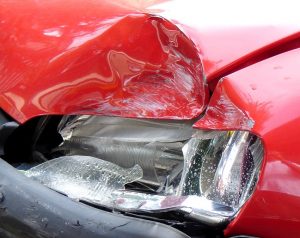In the last decade, the Pew Research Center has closely analyzed the many ways Americans use social media to interact with others and seek information. Researchers discovered that in 2016, almost 8 out of 10 Americans who are online (which is most) use Facebook, 24 percent use Twitter and a third use Pinterest, Instagram and LinkedIn. For instance, most Americans are now getting their news via social media. They are also using it at work, whether in the course of their job, to seek employment or just to take a mental break from the stress of their day. 
While these platforms provide information, entertainment and interactivity, they can also have a profound impact on your personal injury case. This is increasingly true as more Americans are online. We use these sites to document our everyday experiences, so it’s natural for attorneys – on both sides – to closely examine the information available to ascertain whether it can be a benefit or a hindrance to their case. As The American Bar Association pointed out, social media posts, pictures and messages can be compelled into evidence, assuming the requesting attorney can make an argument that the information is:
- Authentic;
- Relevant;
- More probative than prejudicial;
- There is no hearsay problem.
 Florida Injury Lawyer Blog
Florida Injury Lawyer Blog














